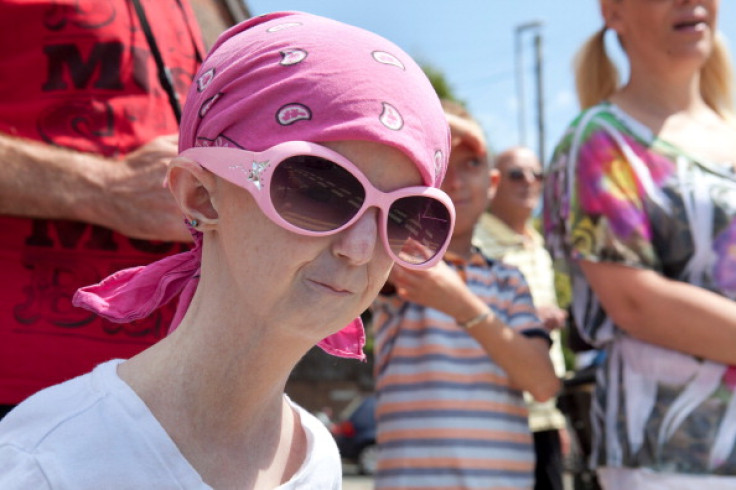Hayley Okines: '100-year-old teenager' progeria sufferer dies aged 17

A girl known as the "100-year-old teenager", due to the genetic condition of progeria, has passed away at the age of 17.
Hayley Okines from Bexhill, Sussex, raised awareness of Hutchinson-Gilford Progeria Syndrome, a genetic condition that causes the body to age at eight times the normal rate.
Her mother announced the teenager's death on Facebook: "My baby has gone somewhere better. She took her last breath in my arms at 9.39pm," she wrote.
In recent weeks, her health had deteriorated and she was admitted to hospital with pneumonia, returning home on the day she died.
Okines was told by doctors she would not live past the age of 13, but she went underwent an experimental drug treatment in the US.
Those suffering from progeria patients normally die from heart attacks or strokes.
The Progeria Research Foundation posted on its Facebook page: "The entire Progeria family mourns together with many as we say goodbye to Hayley Okines, our smart, beautiful and spirited English rose, who passed away today at age 17."
Her mother described living with the disease in an interview with the Sunday People: "The most difficult part is Hayley has the mind of a normal 13-year-old girl locked in an old person's body," she said.
Members of the local community raised money to pay for her to go to Disneyland in California.
She went swimming with dolphins, travelled all over the world, met Prince Charles, Kylie Minogue and Justin Bieber.
Despite being aware of her short lifespan, the teenager remained positive. "In many ways I feel I've been lucky. Because of this I've met more people and done more than many do in a lifetime."
Okines described her condition by saying it is like her "body is a hundred years old".
Progeria results in baldness and dwarfism. Children also suffer from health problems associated with the elderly, including joint stiffness and cardiovascular problems.
There are around 74 known cases of the disease around the world, and only four in the UK.
© Copyright IBTimes 2024. All rights reserved.







